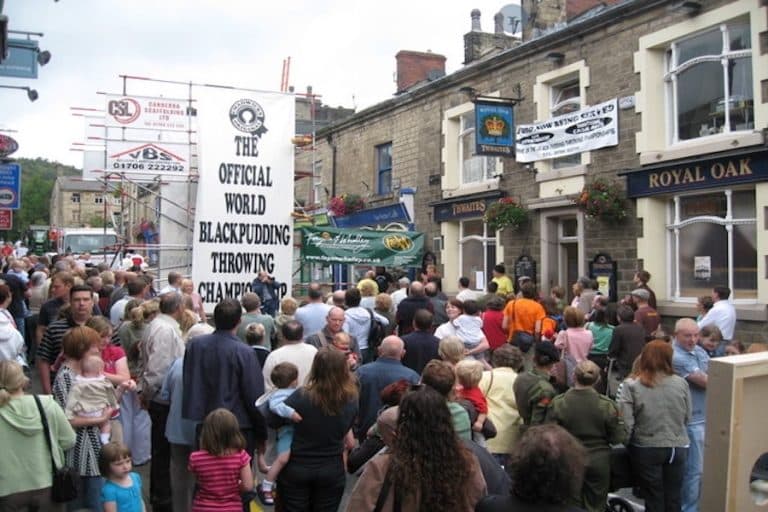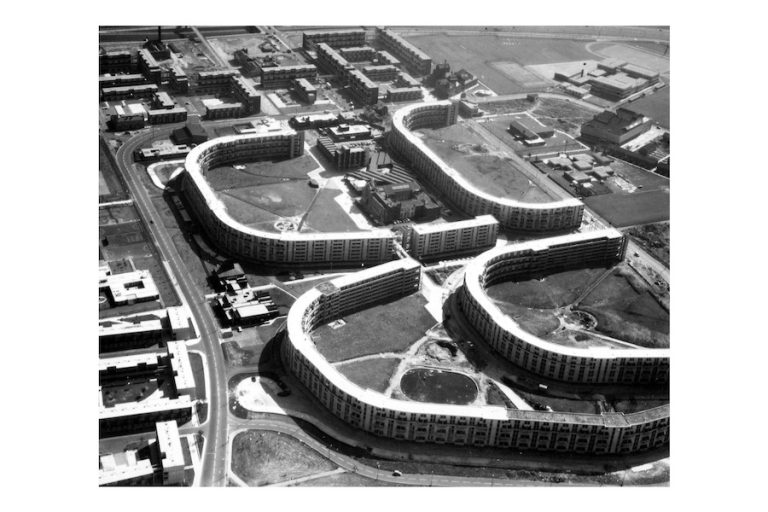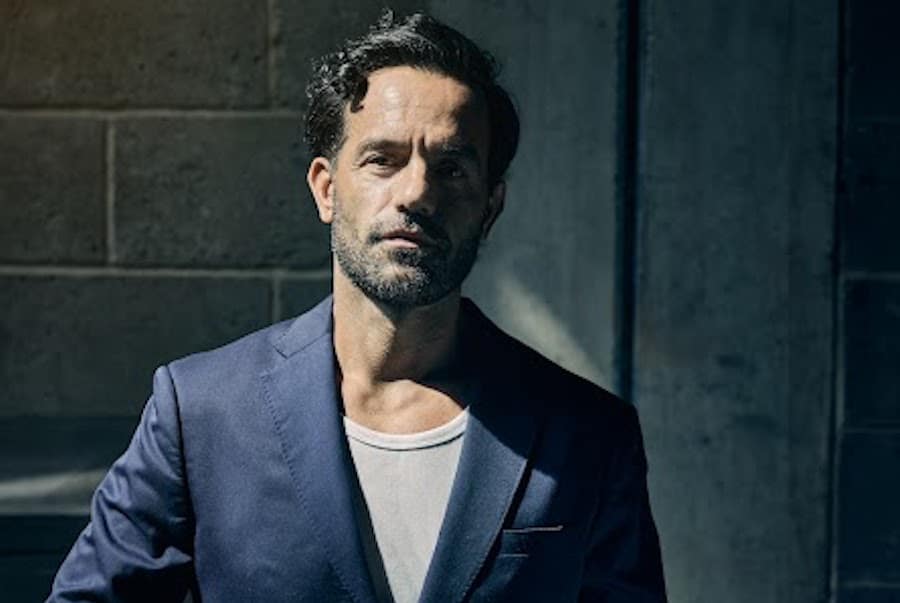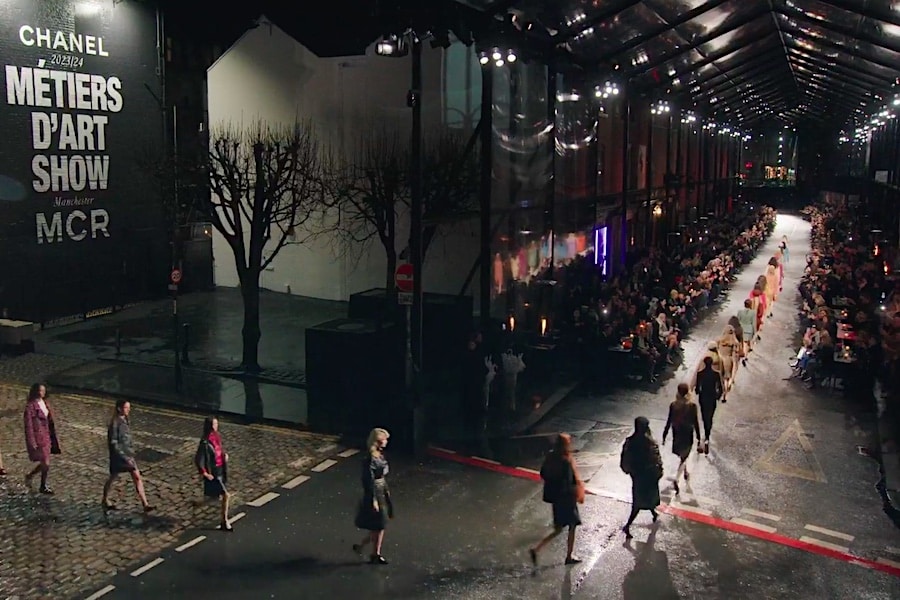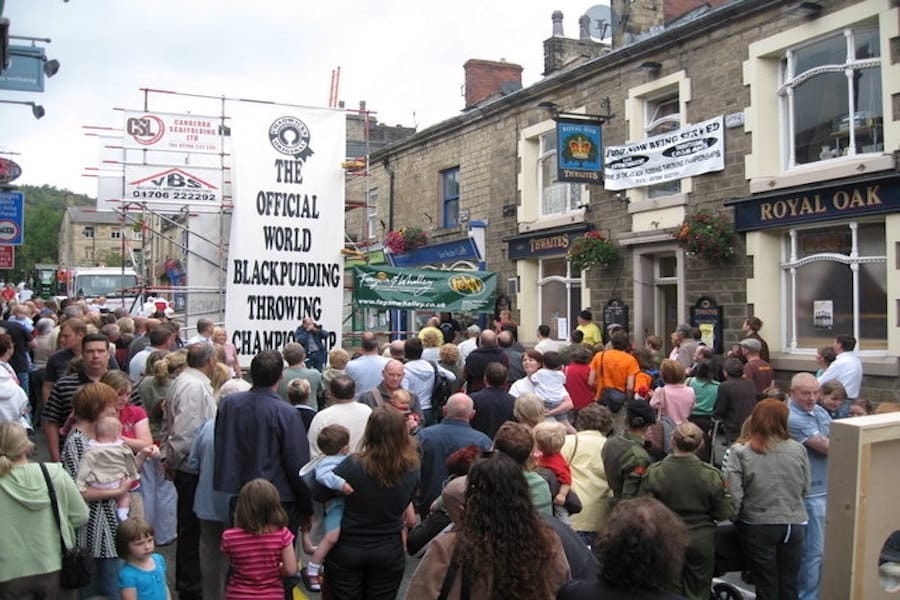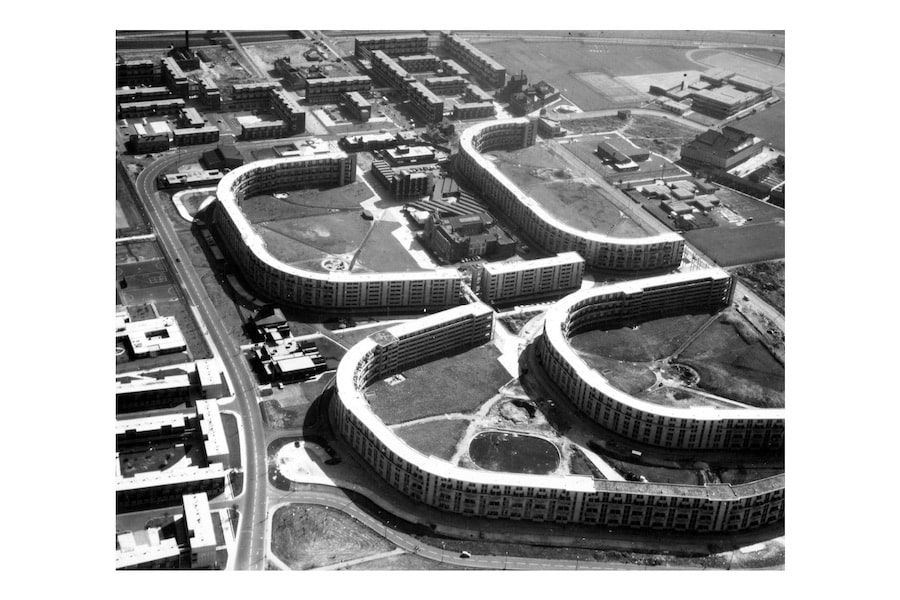Manchester and London closing the North/South divide
- Written by Simon Binns
- Last updated 9 years ago
- Culture
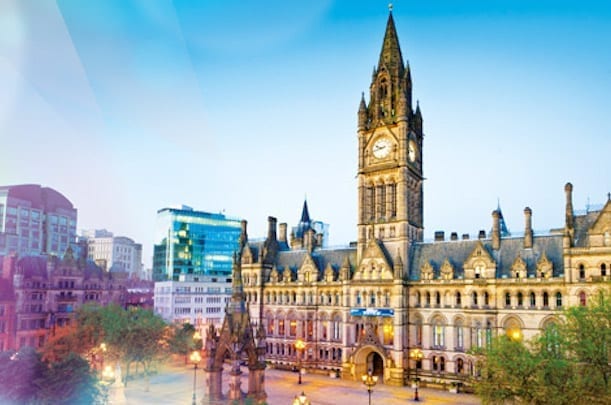
Let’s get serious for a minute or five.
Manchester’s normally in the news. Football, music, food, whatever.
But recently, the focus has been on the growth of the city and the shift towards greater control of its own destiny. Devo Manc, and the deals stuck between the town hall and Westminster have been the subject of two absorbing and well put together pieces in The Guardian and the FT recently.
The tone of a London media so often obsessed and outraged by things such as the BBC move, the possibilities of government departments being located in the city, or the chance of a significant cultural institution being mooted for anywhere other than the capital, has changed.
Now there seems to be an air of admiration of the city’s ‘can do’ approach and its bullish deal-making with Number 10 (and 11).
As a recent piece in the FT put it: ‘In the wake of the Devo Manc deal, Manchester is the model for cities including Leeds, Newcastle and Birmingham, all pressing central government for more devolved powers.
‘In a country facing an election riddled with anxiety, such optimism is in stark contrast to the frustrations felt elsewhere.’
There has been frustration, of course. The depth and speed of the cuts to local funding is still a sore point. But the decision has been to affect change off the back of the bonfire, rather than dwell.
Manchester’s determination to direct its own traffic is leading some to reassess the notion of the ‘North South divide’.
If other Northern cities – with Manchester as the economic driver at its heart – can start to control their own growth strategies, does that pull them closer together, breaking down the divide once and for all?
The FT claimed that ‘if Manchester is to become the London of the northwest it will need the explosive growth at its core to radiate to the periphery.’
The news that Greater Manchester will be given control of its £6bn NHS spend is no bad start, one could argue.
The rhetoric in The Guardian’s recent piece was one of a city restoring its importance to levels unseen since the industrial revolution.
‘Manchester may yet have to show it can become the “second city” to London, but it is unquestionably in recovery mode,’ it says. ‘Anyone walking its streets can sense the adrenaline pumping through its veins.’
Recovery started a while back, actually. Now, you get the sense that Manchester is looking to hit the overdrive button. Investment interest in the city from all corners of the globe is strong and science and tech is the new darling for job creation, in the same way that the creative industries have already blossomed. This is the new industrial revolution.
So is the North/South divide becoming a thing of the past? Well, compare a population of 8.6m in London to 1.5m in Manchester and it will probably always be there. But the perception and relationships will undoubtedly change as the government devolves more powers, or moves departments to the city.
And the media? Is Manchester now the darling of the broadsheets after years of sulking for convincing Auntie to move up north?
Perhaps, although an entertaining addendum to The Guardian’s piece shows there still might be some way to go.
‘This article was amended on 13 February 2015 to correct “Cheetham’s” to “Cheetham Hill”, “Castlefields” to “Castlefield”, and “1867” to “1877”, and to remove a claim that buses in Manchester had been deregulated “recently” – that happened in 1986.’
So close, and yet so far. Maybe – just maybe – Manchester will be of such importance to London that the city’s journalists may follow the lead of its politicians – and actually take the time to come and visit, find out more, get the facts and discover that actually, we’re not so bad after all.
- This article was last updated 9 years ago.
- It was first published on 25 February 2015 and is subject to be updated from time to time. Please refresh or return to see the latest version.
Did we miss something? Let us know: [email protected]
Want to be the first to receive all the latest news stories, what’s on and events from the heart of Manchester? Sign up here.
Manchester is a successful city, but many people suffer. I Love Manchester helps raise awareness and funds to help improve the lives and prospects of people across Greater Manchester – and we can’t do it without your help. So please support us with what you can so we can continue to spread the love. Thank you in advance!
An email you’ll love. Subscribe to our newsletter to get the latest news stories delivered direct to your inbox.
Got a story worth sharing?
What’s the story? We are all ears when it comes to positive news and inspiring stories. You can send story ideas to [email protected]
While we can’t guarantee to publish everything, we will always consider any enquiry or idea that promotes:
- Independent new openings
- Human interest
- Not-for-profit organisations
- Community Interest Companies (CiCs) and projects
- Charities and charitable initiatives
- Affordability and offers saving people over 20%
For anything else, don’t hesitate to get in touch with us about advertorials (from £350+VAT) and advertising opportunities: [email protected]

How a community’s love is fuelling Max’s fight for independence


Community rallies for family after the heartbreaking loss of their daughter
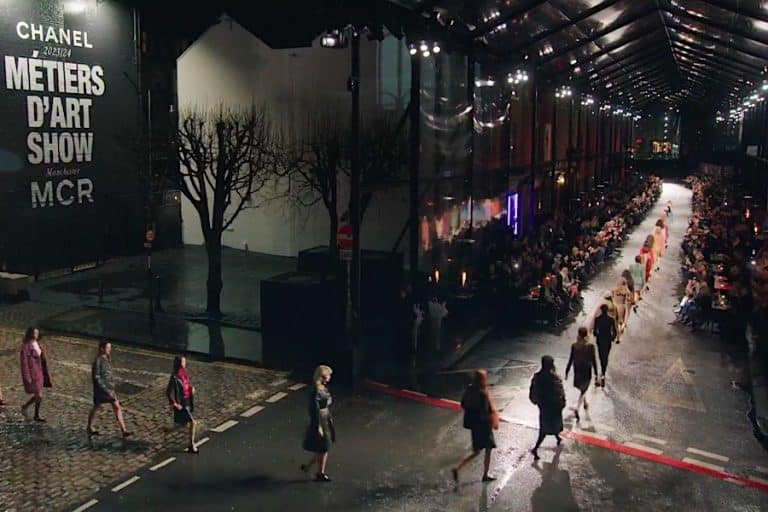
When CHANEL rocked “effervescent” Manchester with mind-blowing fashion show
